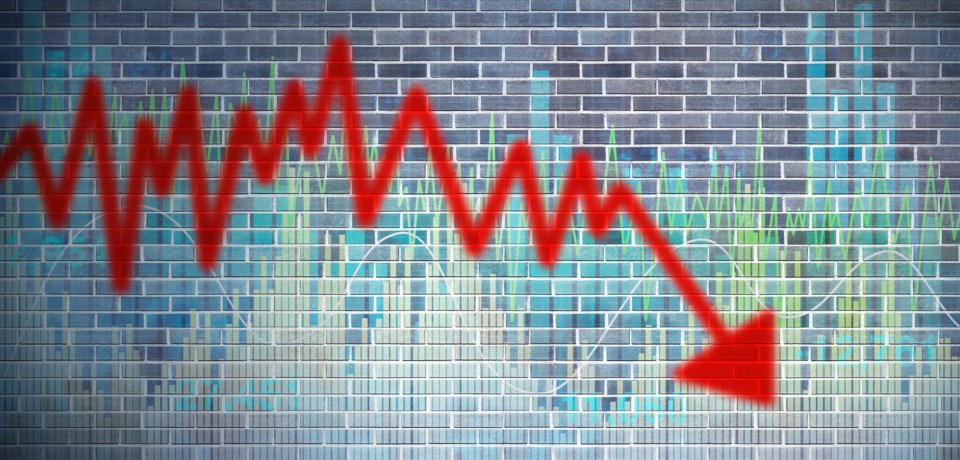Another economic forecast suggests B.C. will have a comparatively deeper economic contraction in an economy that is otherwise defying normal physics with surprising resilience.
Last week, a TD Economics report said B.C. could lead the country in terms of economic contraction.
A new economic outlook by Deloitte also suggests B.C. may experience comparatively weaker growth in an economy that is cooling but otherwise surprisingly resilient.
Inflation followed by rising interest rates were expected to result in less consumer spending and a shallow recession. That hasn't happened yet, though it’s clear there is some cooling starting to happen.
Real GDP growth in the first quarter of 2023 was surprisingly strong -- 3.1 per cent, Deloitte says in its report, Canada’s overheated economy losing momentum.
“The economy continues to surprise to the upside, raising questions about whether the long called-for recession will materialize."
Population growth (driven by high immigration), a tight labour market and high commodity prices have all buoyed the Canadian economy, and Canadian consumers have been spending in a way that defies the prevailing wisdom that a recession is looming.
“One of the biggest surprises in the recent economic data was household spending,” Deloitte remarks. “In the first quarter of 2023, real consumer spending increased an eye-popping 5.7 per cent.”
But given that household incomes actually fell by 6.5 per cent over the same period, it means Canadians are digging into savings or taking on more debt to power all that household spending.
Deloitte points to certain indicators that suggest the Canadian economy is headed for contraction, if not recession. One of those indicators is a rise in consumer insolvencies. In March, the report notes that "consumer proposals" (requests to extend debt repayment) were up by one-third compared to compared to last year, which Deloitte says is a sign that rising interest rates are starting to be felt.
B.C. has typically lead the country on a number of economic indicators for several years. That is about to change, the Deloitte report suggests. For one thing, the billions in spending on major energy projects like pipelines is winding down.
“British Columbia is in for a weak period of growth relative to its recent performances," Deloitte predicts. "Households in the province are the most indebted in the country and this will weigh on consumer spending.
"Furthermore, non-residential investment drove economic gains for years in the province, but as work winds down on major projects like the Trans Mountain pipeline expansion and the LNG Canada facility, investments will detract from growth projects."
Indeed, Deloitte warns spending and investment in general in Canada is likely to decline, thanks to rising interest rates.
The Bank of Canada is expected to raise interest rates to five per cent later this month.
“Consumer spending has been a key driver of economic growth for years, supported by cheap money and strong population growth,” the report notes. “While strong population will continue, money is no longer cheap.”


